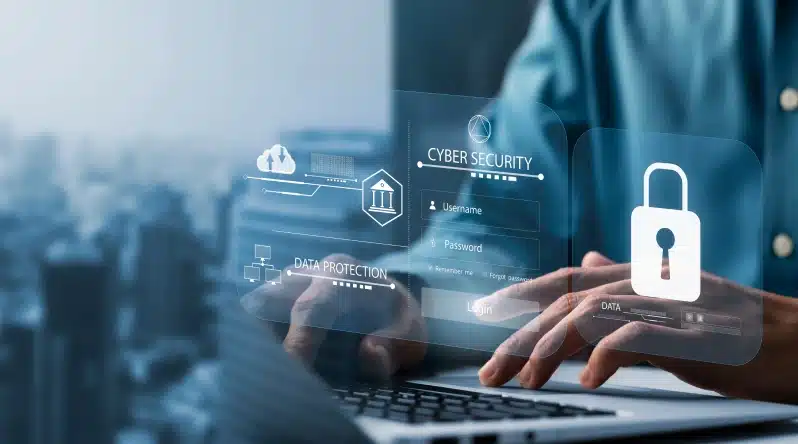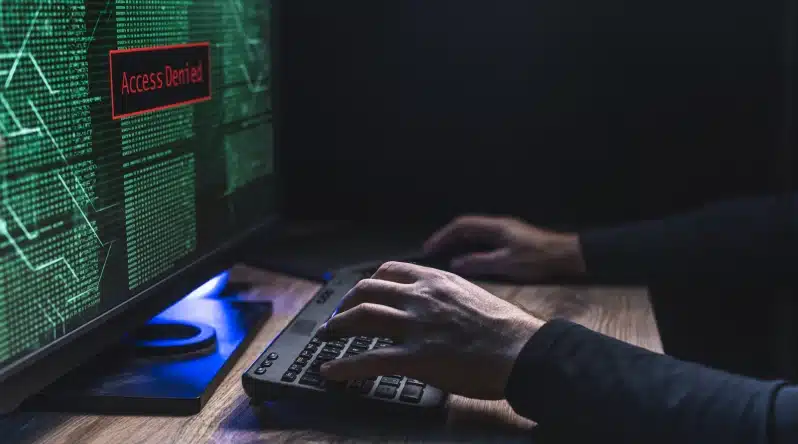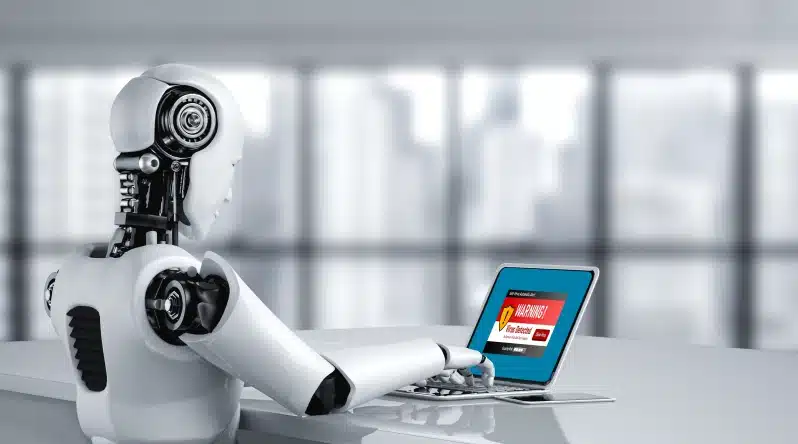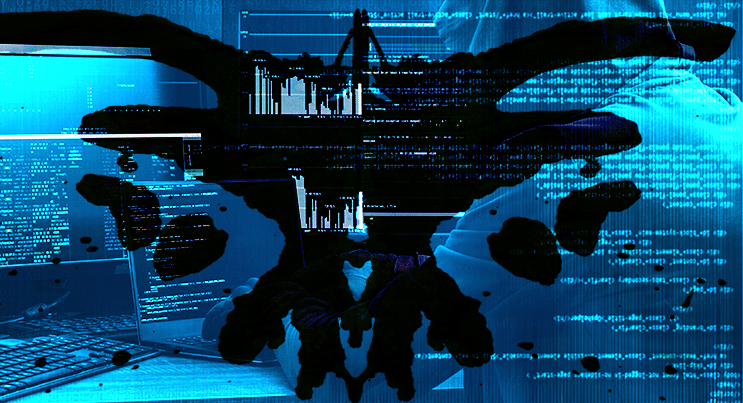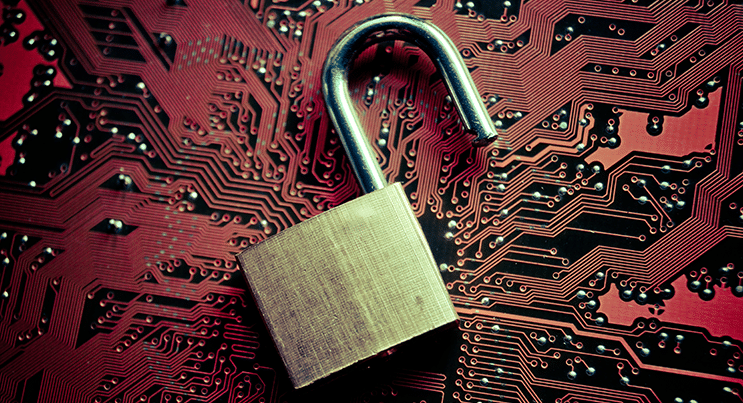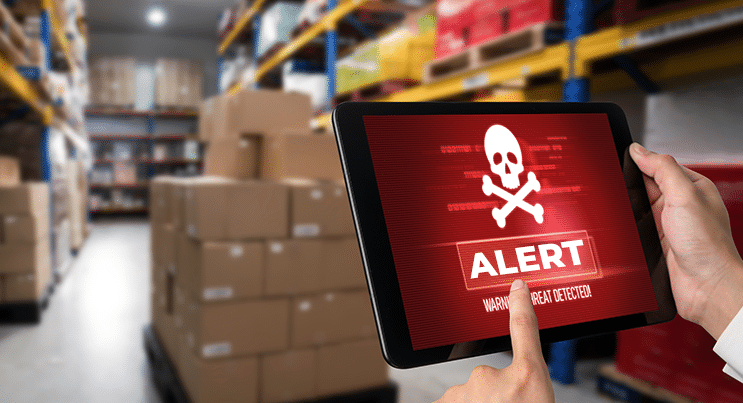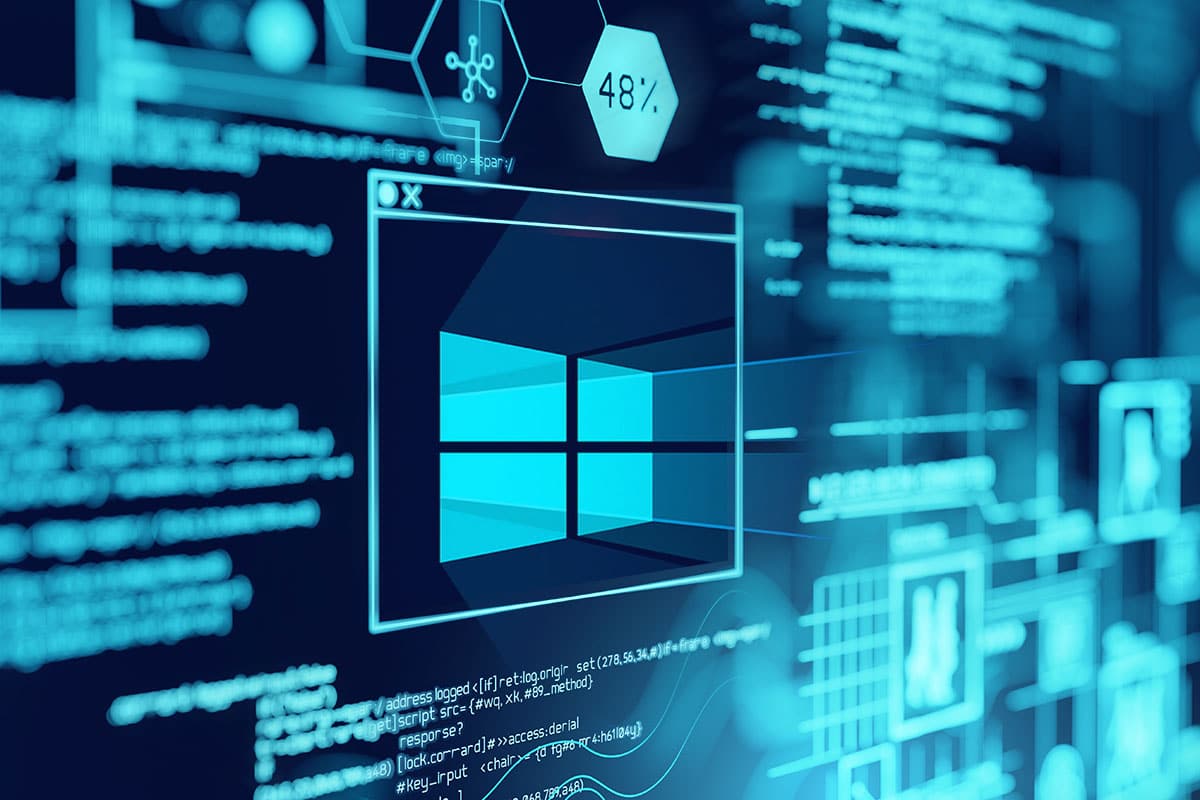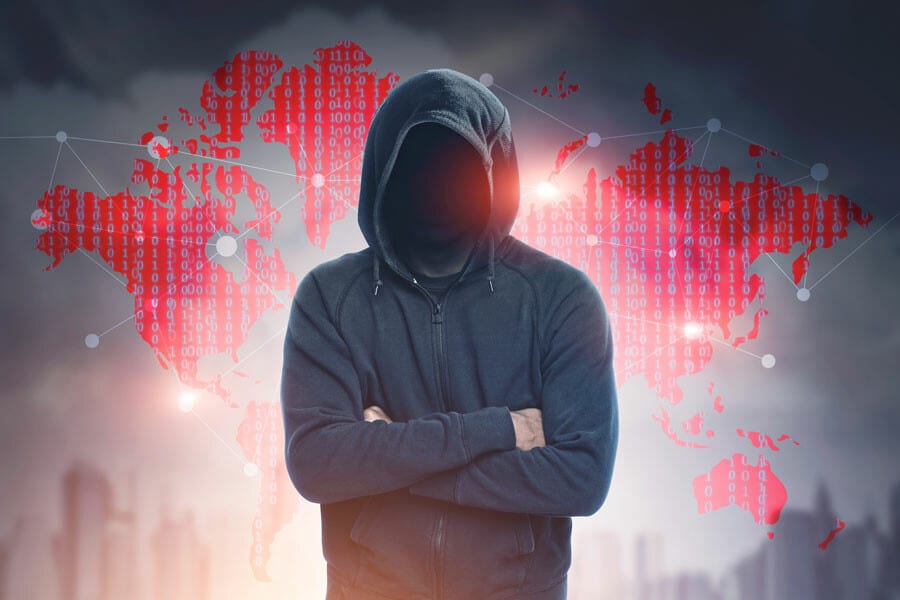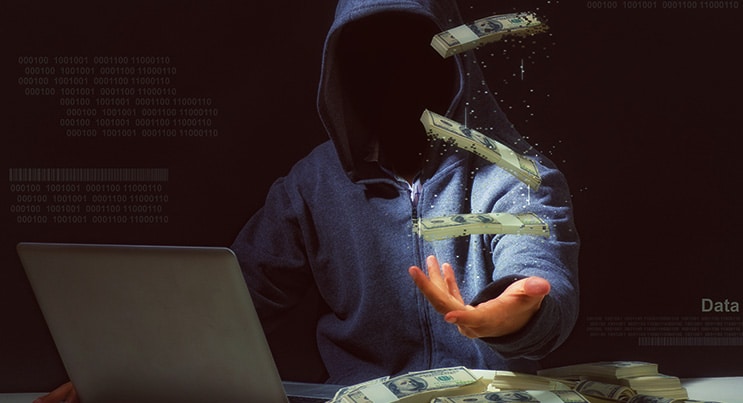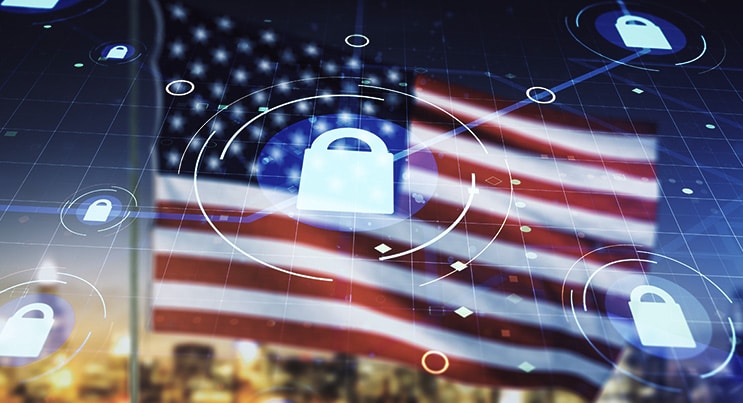Cyber counter-terrorism expert Zohar Pinhasi says his cybersecurity firm, MonsterCloud, has had an 800 percent increase in calls since the virus forced many Americans to work from home.
Those remote connections are not always secure, Pinhasi said, giving hackers easy access to devices and networks.
“From those criminals’ perspective, it’s heaven,” he said. “They have stepped on a gold mine.”
Hackers will often send bogus emails called phishing or spear-phishing emails.
The recipient can be tricked into clicking and opening the email because it appears as it could be from someone they know and trust – or be about an important subject — like the coronavirus.
Once they have infiltrated the network, the hacker can hold it hostage and demand ransom payments.
And ransomware attacks aren’t the only tactic.
“Those criminals converted ransomware to something called doxware,” said Pinhasi.
“If you’re not going to pay us, we will sell your data and in addition to that, notify your customers that you were hacked and their data was compromised. This is a game changer since the Coronavirus started – we’ve seen it in the past, but not to that degree.”
Pinhasi said there are several steps individuals, businesses, and government agencies can take to prevent a cyber attack — even with so many remote workers.
- Make sure everyone is using a VPN, or a virtual private network, to do office work from home.
- Require devices to have two-factor authentication, which verifies a person’s identity before logging in.
- Only use WiFi networks that are password protected.
- Companies should maintain a reliable back up for their data on a different network.
- Organizations should make sure their antivirus software is up to date.
- Everyone should think before they click on links and emails.
“Think before you click is major here,” he said, adding he is “extremely worried” about the level of cybersecurity businesses and governments have during this Coronavirus crisis.


